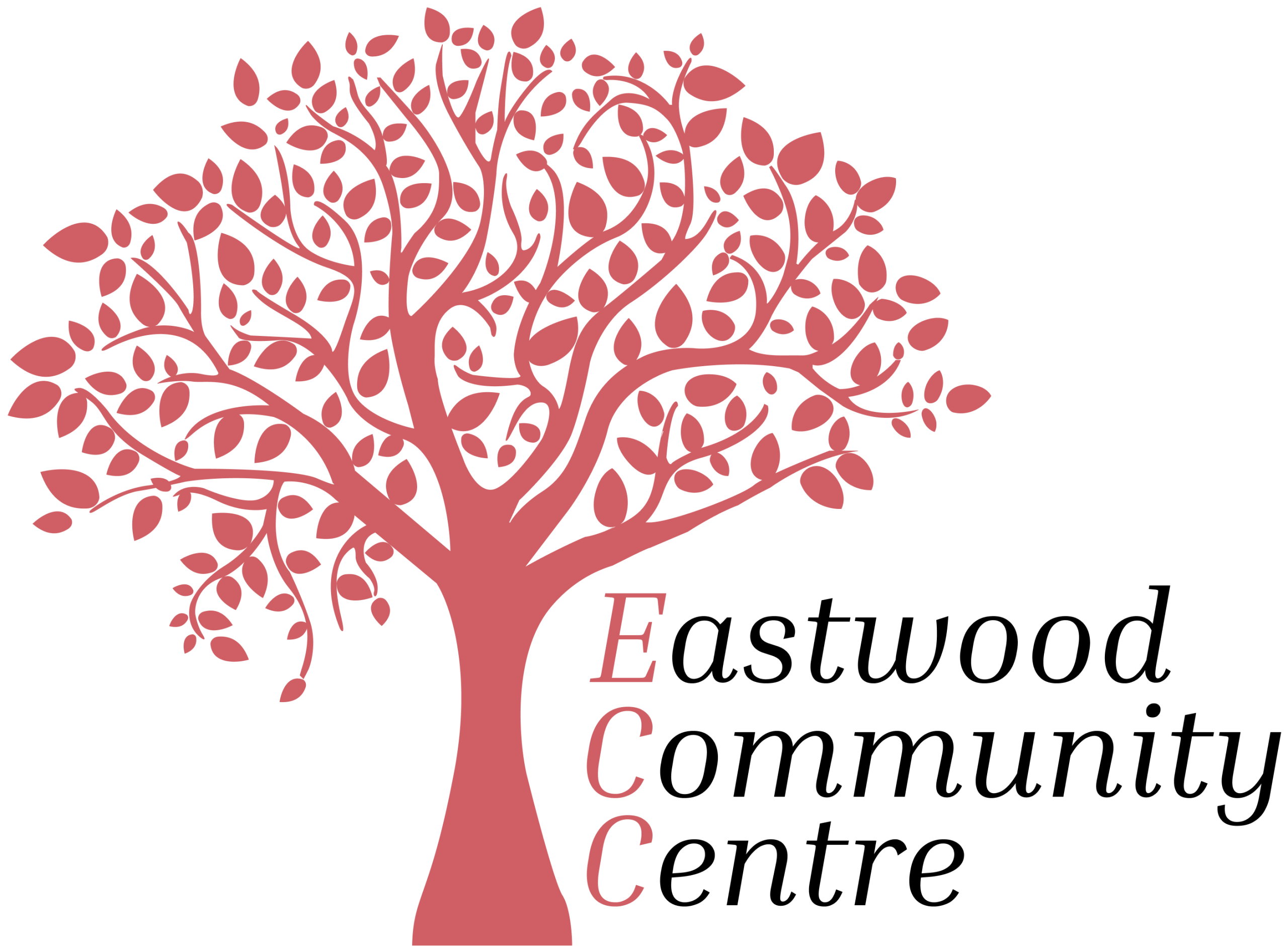Enhance Your Financial Skills
In this Key Learning Area we explore what financial skills you need to develop to increase your financial capability.

Simple Ways to Budget and Save Money
ABC News (5.29 Mins)
Introduction
Financial skills are those skills that enable you to manage your money in the most efficient and successful way.
These skills include knowing how to:
- set up a budget using available templates or tools
- read and reconcile financial statements
- compare financial products to make sure you are getting the best deal
- assess the risks associated with various investment opportunities
- avoid financial pitfalls e.g. scams
- generate creative strategies to solve financial problems; and
- clearly communicate your needs, wants and financial goals to third parties e.g. financial planners, brokers and other service providers.
Like learning any new skill, it will take time, conscious effort and practice to develop your financial skills but the rewards will be great.
Some practical suggestions to get started include:
- enrolling in a formal course offered in either a face-to-face or online setting
- reading one of the many books published on the topic available at libraries, or for purchase at bookshops or online
- searching the Internet for information on particular topics
- talking to trusted friends who are highly skilled in managing money
- listening to financial related podcasts on your phone; and
- find a mentor with the skills you wish to learn.
Reflection
Do you think you have any financial skill gaps? If so, you are encouraged to act upon one of the suggestions above as a starting point, then pursue other options as they are revealed to you through your research.
setting up a budget: Why and How?
A budget is a plan for how to spend your money that takes into consideration your income and expenses. If you don’t know how much you can safely spend and save each month, you can easily go into debt or fail to meet your short and long-term financial goals. Having a comprehensive and accurate budget is therefore key to succeeding financially.
Your first step in preparing your budget is to identify all your sources of income. Sources may include your: salary; welfare benefit; allocated pension from your superannuation account; interest on cash or other investments; share dividends; rental income; and profits from business ventures.
Your second step is to identify all your expenses, starting with fixed expenses i.e. those expenses that MUST be paid. These expenses may include: food; rent; mortgage and other loan repayments; utilities e.g. gas, water, electricity; phone; internet; petrol/transport costs and education fees.
The second group of expenses to identify are discretionary expenses. These expenses are for things you would like to have or do, but which are not absolutely essential. They may include: subscriptions to magazines and/or streaming services; going out to dinner; entertainment; holidays; clothes; and purchase of goods and services e.g. makeup, handbags, massages, manicures and pedicures, visits to the hairdresser etc.
The difference between your total income and expenses will either be your savings or debt.
The final step is to physically prepare your budget, so you can record and track your income and expenditure. This can be achieved using a variety of methods ranging from (at it’s most simplest) using a cash envelope system, balanced money formula or a traditional budget using tools such as the ASIC Budget Planner (https://moneysmart.gov.au/budgeting/budget-planner), your own Excel spreadsheet, or by using another using a free or subscription-based commercial app. Each of these methods has advantages and disadvantages. Watch the video for more information about these methods.
Regardless of which budgeting method you choose, the most important thing is to have one and to stick to your budget plan, so you can achieve your financial goals.
If you would like to read more about how to budget and save you might want to read one or more of the following books:
- ‘The Barefoot Investor’, Scott Pape
- ‘She’s on the Money’, Victoria Devine
- ‘Money with Jess: Your Ultimate Guide to Household Budgeting’, Jessica Ervine
